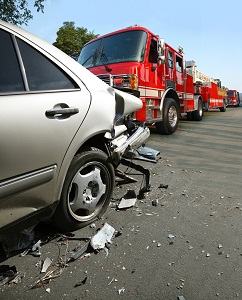A Philadelphia jury found that Wyeth’s hormone replacement therapy Prempro caused an Arkansas woman’s breast cancer and awarded the victim’s family $1.5 million. The jury found that Wyeth was negligent in failing to provide adequate warnings about the risk of breast cancer associated with the use of Prempro.
We expect the jury to return this week with a decision on punitive damages. In Maryland, under Owens-Illinois, Inc. v. Zenobia, 325 Md. 420 (1992), a landmark Maryland Court of Appeals’ opinion, punitive damages in this case against Wyeth for failing to warn about the risks of Prempro would have to be supported by a showing that the conduct of Wyeth was malicious, or the result of evil motive, or ill will. There are no such allegations in the Prempro litigation.





